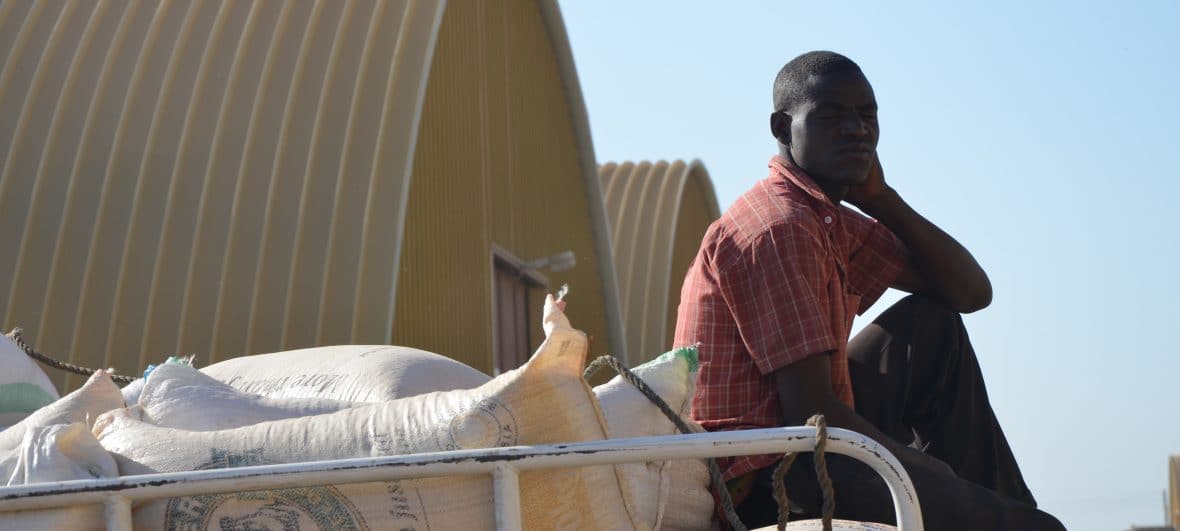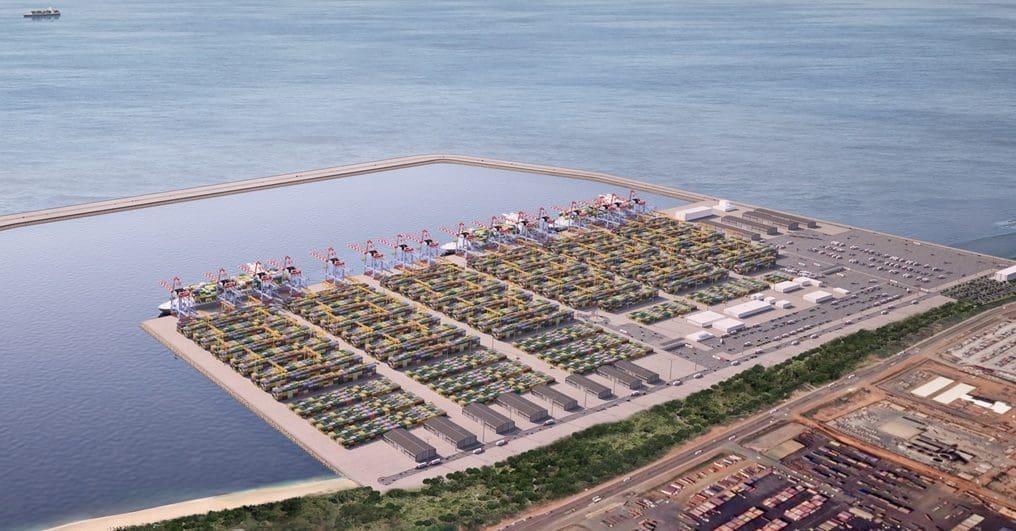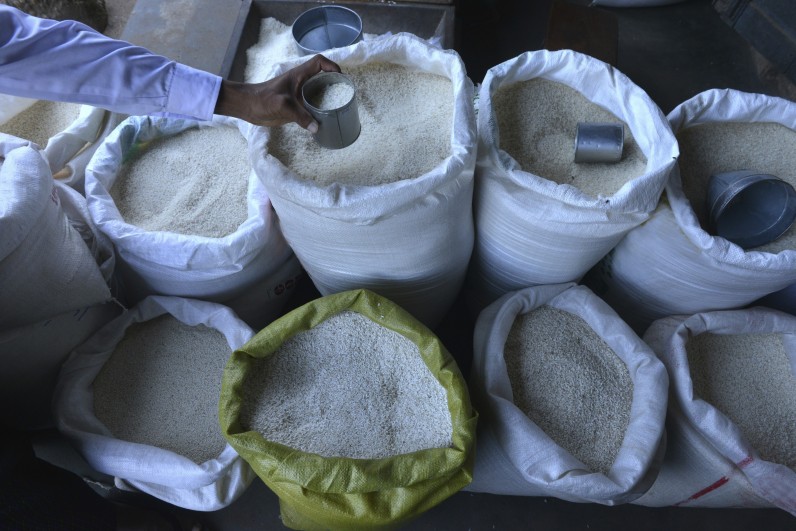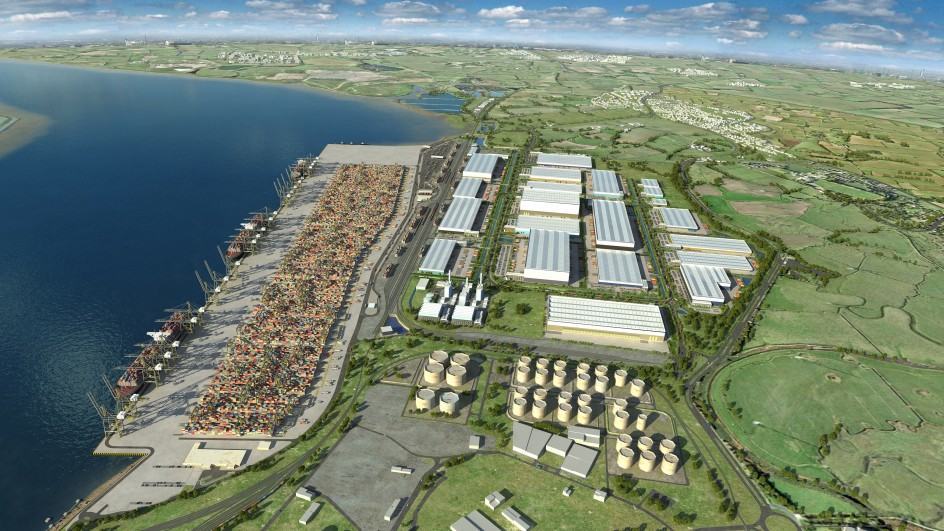The Commonwealth offers us all an opportunity to create common wealth through strengthened ties and an increased emphasis on trade.
High tariff barriers to trade in many sectors and services, as well as non-tariff barriers are one of the reasons there is insufficient integration of developing countries in the world trading system. Less economically developed countries are often characterised by a low level of trade-related infrastructure, including telecoms, transportation, and port infrastructure.
Trade is closely linked to economic growth and cannot happen at a major scale without effective infrastructure.
However, infrastructure, trade and economic growth is not enough — we need inclusive growth. We must make sure economic growth benefits all, not only the privileged few. Although this is important for all, it is particularly important for developing countries.
As well as these ‘hard’ infrastructure elements, there are ‘softer’ barriers to trade, including customs rules, trade facilitations, and technological constraints. We have expertise in aiding all of these issues.
AECOM itself plays an active part in trade facilitation, and has a strong record working for the donor community. Through tailored advisory services, AECOM helps create a freer, less restrictive international trading environment. AECOM helped build important foundations to overcome challenges in intra-regional trade through the USAID Southern Africa Trade Hub, where it supported South African Development Community (SADC) member states in improving international competitiveness, increase intra-regional trade, and reduce food insecurity throughout Southern Africa.
FAST FACT: AECOM has worked on projects in all 52 commonwealth nations





